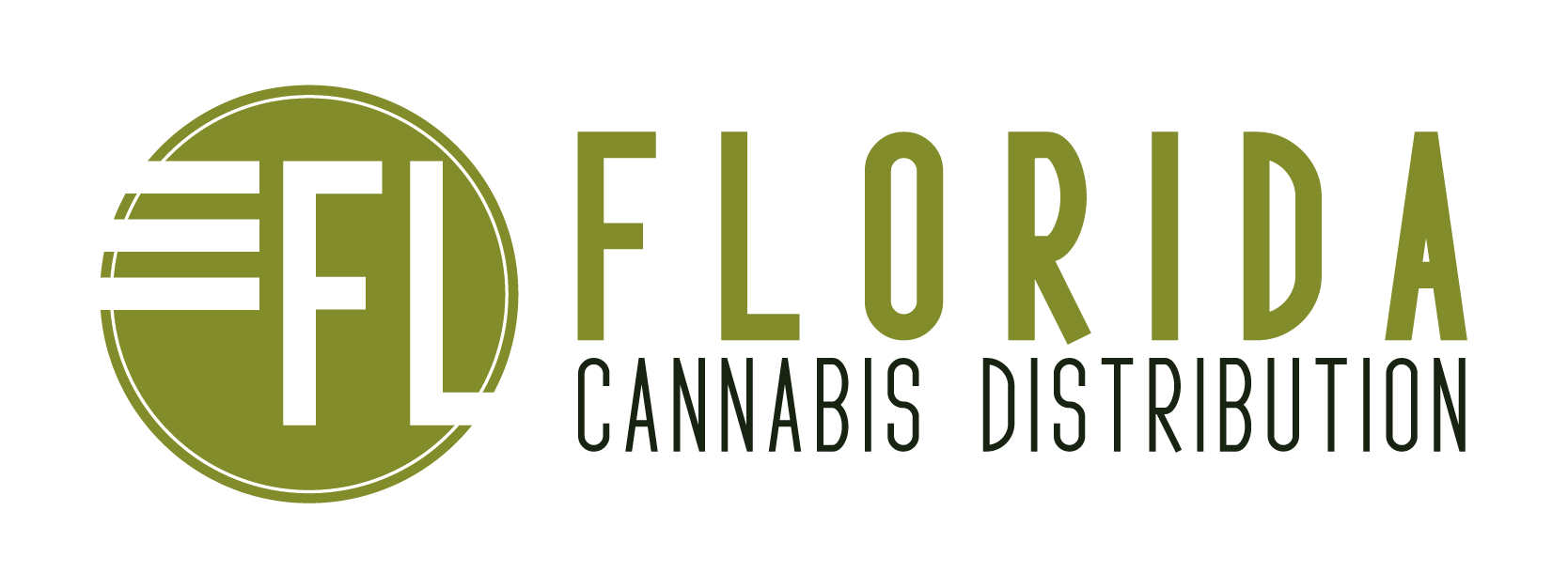Florida-based cannabis distribution companies operating in multiple states are facing an increasingly fraught regulatory, logistical, and financial landscape. As multistate operators (MSOs), firms such as Trulieve and Curaleaf benefit from diversification—but that benefit comes paired with significant hurdles.
Regulatory Patchwork Raises Stakes
Each state cultivates its own highly specific regulatory ecosystem, from licensing requirements to product testing standards. Florida, unique among states, mandates vertical integration—requiring Medical Marijuana Treatment Centers (MMTCs) to control cultivation, processing, distribution, and dispensation under a unified organizational umbrella. In contrast, states like Michigan, California, or Colorado allow more fragmented operations, compelling MSOs to tailor internal structures markedly across regions.
This creates a tangled compliance web: real-time monitoring of zoning laws, packaging guidelines, advertising limits, labeling, and patient-qualifying conditions—each differing state by state.
Inconsistent Testing Protocols Spur Risk
A lack of federal oversight has made cannabis testing another headache. States enforce wildly differing contaminant limits, sampling rules, lab accreditation regimes, and THC potency metrics. For Florida distributors shipping products elsewhere—or vice versa—this requires multiple quality control systems. Noncompliance can trigger costly recalls or even legal action. One landmark Michigan recall amounted to $229 million in lost product and damage to brand trust.
Banking, Financial Strains, and Tax Pullbacks
Despite rapid revenue growth—US cannabis sales are projected at $50 billion in 2025—MSOs remain saddled with inflated costs due to Section 280E, which disallows standard business deductions, effectively doubling tax burdens compared with other industries.
Further, constrained banking access forces operations to run on largely cash-based systems, elevating security risks and complicating cross-state fund transfers. Financial institutions remain wary amid federal illegality, enforcing cash-only models and survival in a “debt cliff” environment as loans come due by 2026.
Vertical Integration Caps and Licensing Gridlock
Florida’s rigid vertical integration mandate limits an MSO’s ability to leverage regional distribution efficiencies. Any distributor must replicate full operations in-state—a costly necessity.
Compounding this is the sluggish pace of new license issuance: over 73 applications were filed for just 22 licenses in April 2023, yet months later there was no indication of a decision. This bottleneck restricts rapid scale-up even as patient counts—and opportunity—grow.
Capital Exodus from Hardship Markets
High costs, strict requirements, and licensing barriers have led many MSOs to exit tough states. As of early 2024, MSOs have withdrawn from Arizona and California, and Florida’s Trulieve suspended operations in Massachusetts. These contractions reflect a recalibration toward stability over widespread expansion.
Strategic Imperatives in a Complex Market
Florida MSOs are doubling down on adaptation strategies. They’re forging state-specific compliance teams, investing in localized logistics, and securing specialized bonding and insurance deals. Mergers and acquisition activity also offer a faster route into capacity alleviating license logjams without overextending internal resources.

